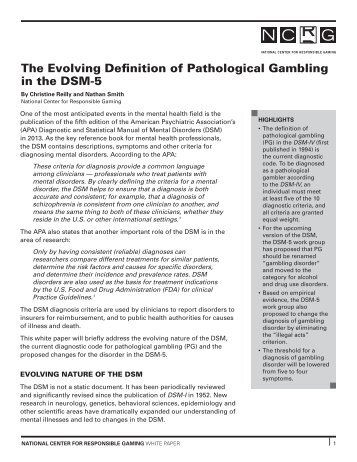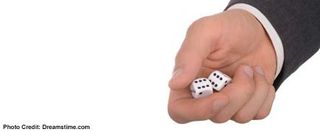Compulsive Gambling Meaning
Four phases and four treatment steps have been identified in helping people better understand pathological gambling (also known as gambling addiction).
- Define compulsive. Compulsive synonyms, compulsive pronunciation, compulsive translation, English dictionary definition of compulsive. Having the capacity to compel: a frightening, compulsive novel. Psychology Caused or conditioned by compulsion or obsession.
- Compulsive gambling Compulsive gambling is being unable to resist impulses to gamble. This can lead to severe money problems, job loss, crime or fraud, and damage to family relationships.
Four phases and four treatment steps have been identified in helping people better understand pathological gambling (also known as gambling addiction). The Four Phases in Gambling Addiction. Therefore, although the language of the ADA specifically refers to 'compulsive gambling,' (32) and many older sources refer to 'pathological gambling,' (33) this Note will use the modern diagnostic language of 'gambling disorder' and 'gambling addiction,' and will refer to individuals with a gambling disorder as 'gambling addicts.'
The Four Phases in Gambling Addiction
The Illinois Institute for Addiction Recovery has identified the following four phases in gambling addiction.
Winning phase:
The winning phase often starts with a big win, leading to excitement and a positive view of gambling. Problem gamblers believe they have a special talent for gambling and that the winning will continue. They begin spending greater amounts of time and money on gambling.

Losing phase:
Problem gamblers become more and more preoccupied with gambling. They start to gamble alone, borrow money, skip work, lie to family and friends and default on debts. They also begin to “chase” their losses.
Desperation phase:
Problem gamblers lose all control over their gambling. They feel ashamed and guilty after gambling, but they can’t stop. They may cheat or steal to finance their addiction. The consequences of compulsive gambling catch up with them: they may lose their jobs, get divorced, or get arrested.
Toni Estergall, MS, LMHC
Rebecca Roebke, LCSW
Carrie Hillebrandt, M.S., LIMHP


Trudi Marsh, LCSW
Dr. Yvonne Quintanilla, LCSW
Christina Weyer, LMFT
Compulsive Gambling Meaning Dictionary
Hopeless phase:
In the hopeless phase, problem gamblers hit “rock bottom.” They don’t believe that anyone cares or that help is possible. They don’t even care if they live or die. They may abuse drugs and alcohol to numb the pain. Many problem gamblers also consider or attempt suicide.
The Four Steps in Recovery from Gambling Addiction
Dr. Jeffrey Schwartz suggests there are four core steps in recovering from gambling addiction in his book Brain Lock. This is one of a variety of psychotherapeutic methods used to help treat pathological gambling (cognitive behavioraltherapy and rational emotive therapy are two other common treatment approaches).
Step 1: Relabel.
Compulsive Gambler Meaning In Chinese
Recognize that the urge to gamble is nothing more than a symptom of your gambling addiction, which is a treatable medical condition. It is not a valid feeling that deserves attention.
Step 2: Reattribute.
Stop blaming and try to understand that the urge to gamble has a physical cause in your brain. You are separate from the disease of addiction, but not a passive bystander. With practice, learn to control.
Step 3: Refocus.
When the urge to gamble strikes, shift attention to something more positive or constructive. Do something else, even if the compulsion to gamble is still bothersome.

Step 4: Revalue.
Over time learn to revalue flawed thoughts about gambling. Instead of taking them at face value, realize that they have no inherent value or power. They’re just “toxic waste” from the brain.
Reference:
Schwartz, J.M. & Beyette, B. (1996). Brain Lock: Free yourself from Obsessive Compulsive Behavior, A Four-Step Self-Treatment Method to Change Your Brain Chemistry. Regan Books, HarperCollins.
Related Articles
Also found in: Encyclopedia. A disorder of impulse control in which a person makes wagers of various types—in casinos, at horse races, to book-makers—which compromises, disrupts, or damages personal, family, or vocational pursuits
Management Gamblers’ Anonymous, a 12-step program modeled after Alcoholics’ Anonymous; no phramacologic intervention has proven successful
 Want to thank TFD for its existence? Tell a friend about us, add a link to this page, or visit the webmaster's page for free fun content.
Want to thank TFD for its existence? Tell a friend about us, add a link to this page, or visit the webmaster's page for free fun content. Link to this page: